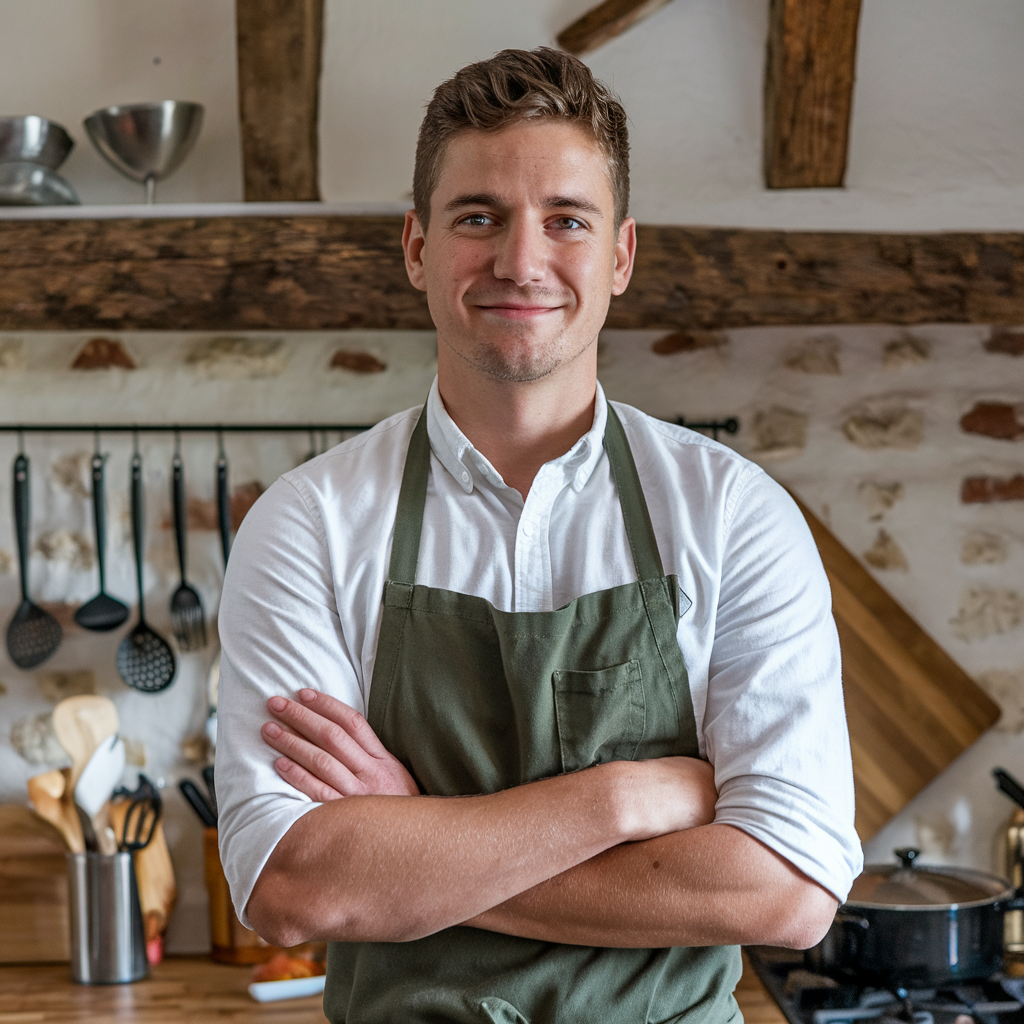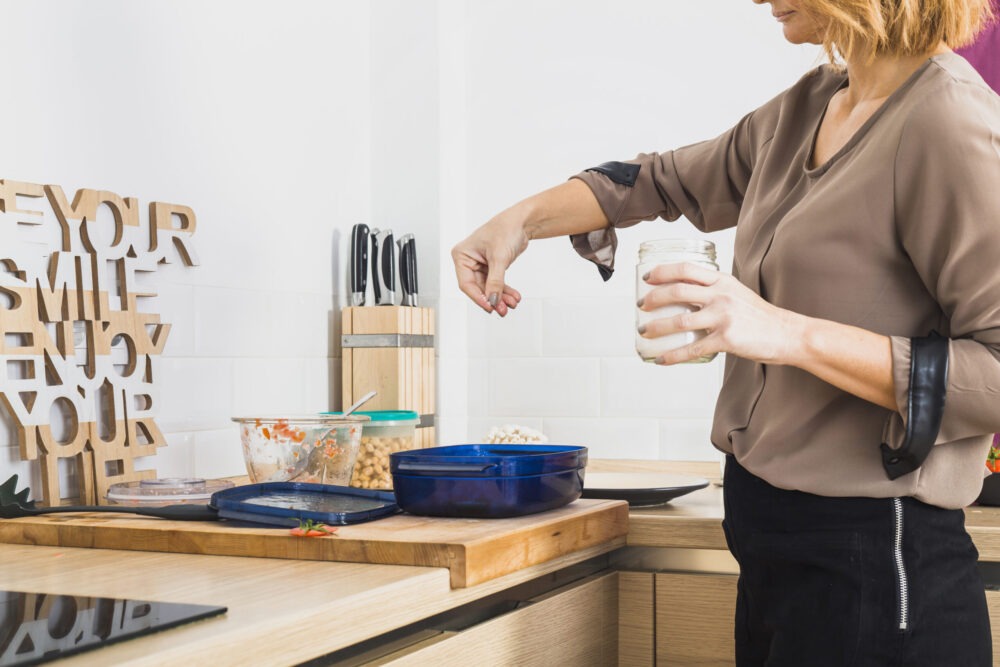The kitchen is often referred to as the heart of the home, where families come together to cook, share meals, and create memories. However, it’s also one of the most hazardous areas in the house. Fires, water damage, and accidents that occur in the kitchen can significantly impact not only your safety but also your home insurance costs. By implementing effective kitchen safety measures, you can protect your property and potentially lower your premiums with your homeowners insurance company.
In this comprehensive guide, we’ll explore how prioritizing kitchen safety can reduce risks and provide actionable tips to prevent fires, water damage, and other kitchen-related hazards. Additionally, we’ll discuss how these measures can influence your home and auto insurance premiums, particularly if you bundle policies, and how to secure a favorable home and auto insurance quote.
Understanding the Impact of Kitchen Hazards on Home Insurance Costs
Homeowners insurance companies base premiums on the level of risk your home presents. When your property demonstrates a higher likelihood of claims due to fire, water damage, or other perils, your premiums increase. Kitchen accidents are one of the leading causes of home insurance claims, and reducing these risks can position you as a low-risk policyholder.
Fire Hazards
According to the National Fire Protection Association (NFPA), cooking equipment is the leading cause of home fires. A single kitchen fire can result in significant property damage, leading to costly claims that affect your insurance rates.
Water Damage
Leaks from kitchen appliances such as dishwashers, refrigerators, and sinks are a common cause of water damage. This can lead to expensive repairs, mold growth, and increased premiums from your home owner insurance.
Liability Risks
Injuries occurring in the kitchen, such as burns or slips, can lead to liability claims. This is especially relevant if someone outside your household is injured while visiting your home.
Tips for Preventing Kitchen Fires
Kitchen fires are preventable with proactive safety measures. Not only will these steps protect your family and property, but they may also demonstrate to your homeowners insurance company that you’re committed to reducing risk.
1. Install and Maintain Smoke Alarms
Ensure that smoke alarms are installed near the kitchen and are tested monthly. Replace batteries at least once a year or as needed. A functional smoke alarm can quickly alert you to a fire, reducing potential damage.
2. Never Leave Cooking Unattended
Unattended cooking is the primary cause of kitchen fires. Stay in the kitchen while frying, grilling, or broiling food. If you must leave, turn off the stove or use a timer to remind you to check on the food.
3. Keep Flammable Items Away from Heat Sources
Ensure that items like paper towels, dishcloths, and wooden utensils are stored far from stovetops and ovens. Flammable materials can easily ignite if left near open flames or hot surfaces.
4. Invest in a Fire Extinguisher
Equip your kitchen with a Class B or multipurpose fire extinguisher and learn how to use it. Having one readily available can help you contain small fires before they escalate.
5. Regularly Clean Grease Build-Up
Grease accumulation in ovens, stovetops, and range hoods is highly flammable. Clean these areas regularly to reduce the risk of grease fires.
Preventing Water Damage in the Kitchen
Water damage can weaken your home’s structure, lead to mold, and result in costly insurance claims. Taking steps to prevent leaks and floods in the kitchen can safeguard your property and potentially reduce your home owner insurance premiums.
1. Inspect Kitchen Appliances Regularly
Check for leaks or worn hoses in appliances such as dishwashers, refrigerators with water dispensers, and ice makers. Replace damaged components immediately to prevent water leaks.
2. Install Water Leak Detectors
Water leak detectors can alert you to leaks early, allowing you to take action before significant damage occurs. Many homeowners insurance companies offer discounts for homes equipped with leak detection systems.
3. Maintain Plumbing
Inspect under-sink plumbing for signs of leaks or corrosion. Tighten loose connections and replace any damaged pipes promptly to avoid water damage.
4. Don’t Ignore Clogged Drains
Blocked drains can lead to overflows and water damage. Use a drain screen to catch food particles and clean drains regularly with non-corrosive solutions.
5. Use High-Quality Materials
When upgrading your kitchen, invest in high-quality plumbing fixtures and appliances. Durable materials are less likely to fail, reducing the risk of water-related insurance claims.
Reducing Liability Risks in the Kitchen
Liability claims can arise from injuries sustained in your kitchen, which may impact your premiums for both home and auto insurance if you bundle policies. Minimizing risks can protect you from lawsuits and unnecessary expenses.
1. Keep Floors Dry and Clear
Wet or cluttered kitchen floors are a common cause of slips and falls. Wipe up spills immediately and ensure rugs or mats have non-slip backings.
2. Use Childproof Locks
If you have children or young visitors, install childproof locks on cabinets containing sharp objects, cleaning supplies, or heavy items that could fall.
3. Avoid Overloading Outlets
Overloaded electrical outlets in the kitchen can lead to fires or electrical shocks. Use appliances one at a time or install additional outlets if needed.
4. Practice Safe Knife Storage
Store knives in a dedicated block or magnetic strip, away from the edges of counters. This reduces the risk of accidental cuts or injuries.
How Kitchen Safety Affects Home Insurance Discounts
Implementing kitchen safety measures not only reduces the likelihood of damage but may also qualify you for discounts with your homeowners insurance company. Here are some steps to take advantage of potential savings:
1. Document Safety Upgrades
Keep records of safety equipment installations, such as fire extinguishers, water leak detectors, or upgraded appliances. Provide these details to your insurer when requesting a home and auto insurance quote.
2. Bundle Policies
Consider bundling your home and auto insurance policies. Many insurers offer discounts when you combine car and homeowners insurance, which could further reduce overall costs.
3. Ask About Safety Discounts
Inquire whether your insurance provider offers discounts for homes with enhanced safety features. Some homeowners insurance companies provide incentives for fire-resistant materials, security systems, and water shutoff devices.
4. Maintain a Claims-Free Record
Reducing kitchen-related risks can help you maintain a claims-free record. Insurance providers often reward claims-free policyholders with lower premiums.
The Role of Home and Auto Insurance Bundles in Savings
Bundling your car and homeowners insurance policies can lead to substantial savings, especially when you’ve demonstrated a commitment to kitchen safety. Many insurance companies view bundling as a sign of loyalty and responsibility, offering discounted rates in return.
Benefits of Bundling
- Streamlined Billing: Manage your home and auto insurance under one account for easier payment and renewals.
- Discounted Rates: Receive significant savings on both policies compared to purchasing them separately.
- Improved Risk Assessment: Bundling policies may help insurers view you as a lower-risk customer, particularly when you’ve implemented safety measures.
How to Get the Best Bundle
When seeking a home and auto insurance quote, highlight the steps you’ve taken to improve safety. Mention fire prevention measures, leak detection systems, and other kitchen safety practices that reduce risks.
Final Thoughts: Kitchen Safety Pays Off
Kitchen safety is about more than protecting your family and property—it’s also a smart financial decision. By preventing fires, water damage, and other common risks, you can lower your likelihood of claims, which can lead to reduced premiums with your homeowners insurance company.
Moreover, bundling your home and auto insurance policies amplifies these benefits, offering even greater savings. When requesting a home and auto insurance quote, don’t hesitate to share the proactive measures you’ve implemented to keep your home safe.
By combining kitchen safety practices with the right insurance strategy, you can enjoy peace of mind, protect your investment, and save money all at once. Take action today to secure your home, lower your premiums, and build a safer future.


